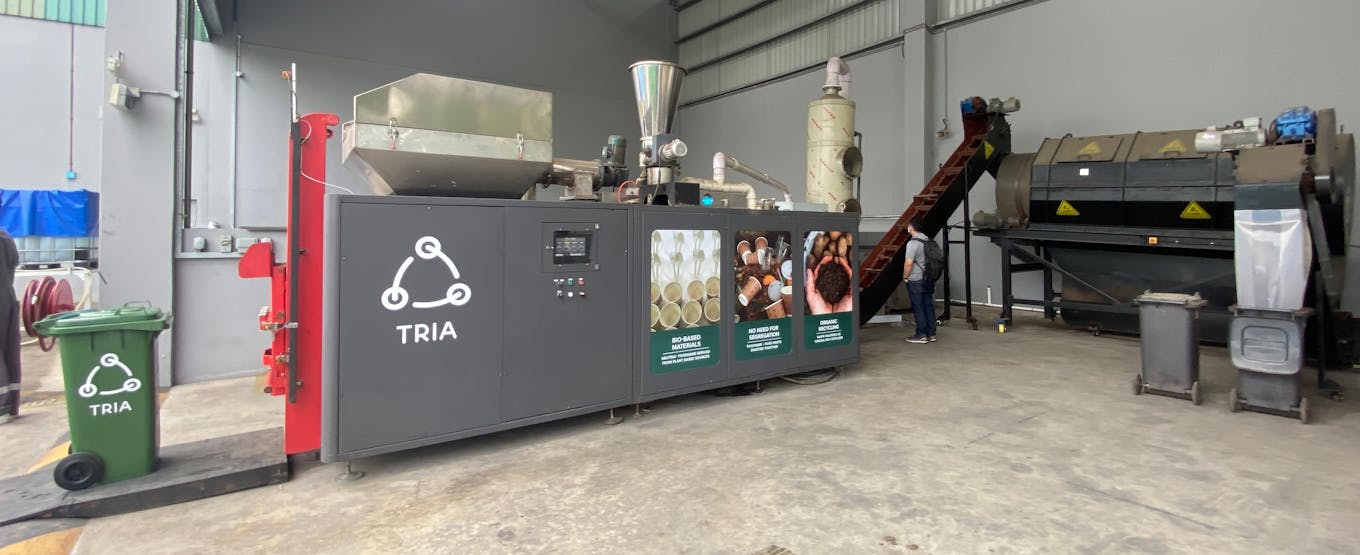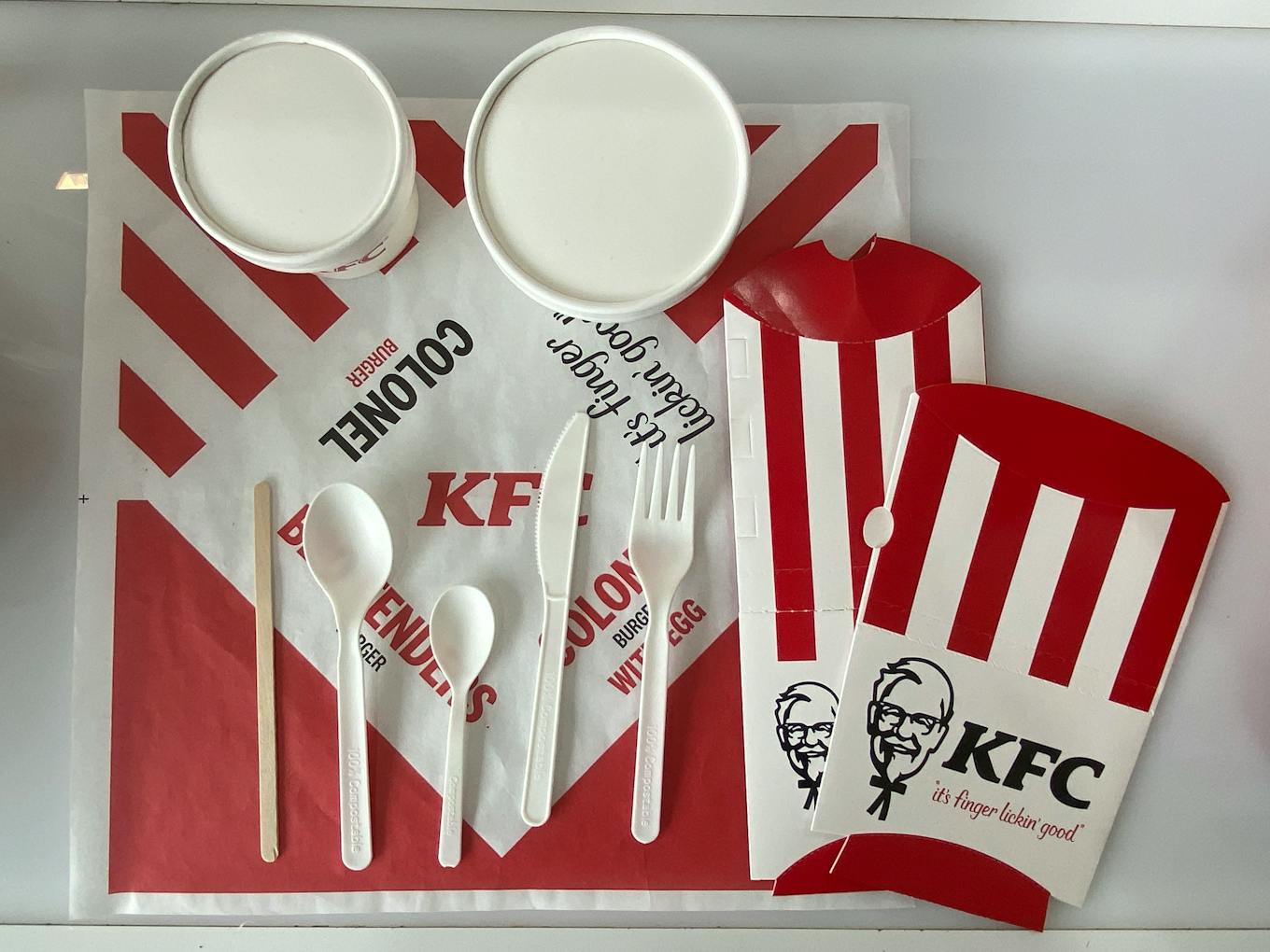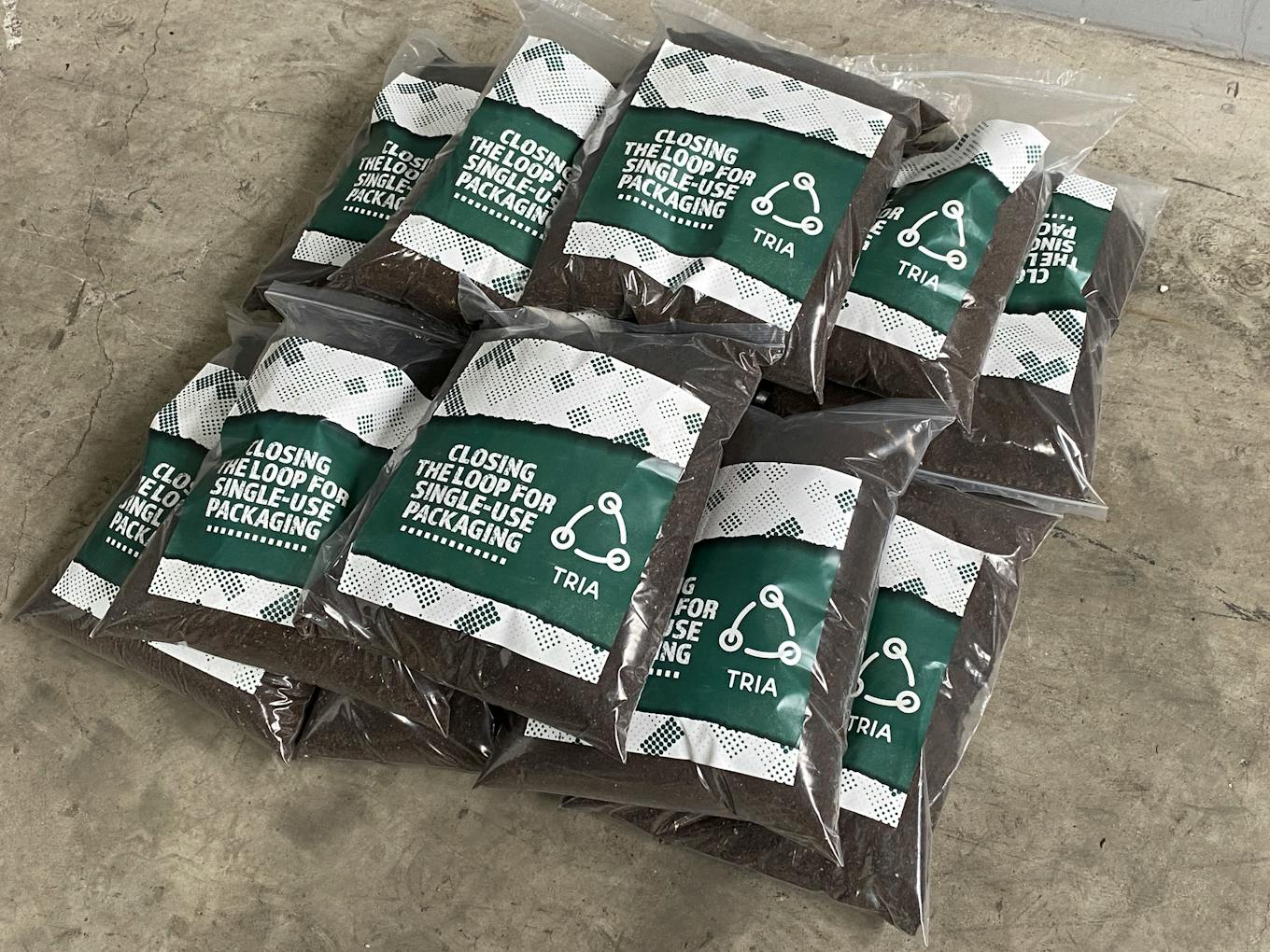
Environment Secretary Coffey gave an exclusive interview to the Mail on Sunday during the weekend of 8 January, confirming that her department will finally publish its response to a consultation on banning certain single-use plastic items that was held in 2021.
Coffey confirmed that, from October this year, restaurants, cafes and takeaways will not be able to distribute single-use plastic plates, bowls, trays and cutlery. Certain types of polystyrene cup and container will also be covered by the ban, in recognition of the fact that these items cannot be recycled.
Also set to be banned from October 2023 are plastic balloon cups.
Then, in 2024, the Government is poised to extend restrictions on plates, bowls, trays and cutlery to supermarkets. Manufacturers of products including this packaging will be required to contribute to the cost of their recycling, under changes to Extended Producer Responsibility (EPR) requirements.
The Department for Food, the Environment and Rural Affairs (Defra) published its response to the consultation in full on Saturday 14 January. It states that the items included in the ban are some of the most frequently littered in England.
According to Defra estimates, England uses 2.7 billion items of single-use cutlery — most of which are plastic — and 721 million single-use plates per year, but only 10% are recycled. If 2.7 billion pieces of cutlery were lined up they would go round the world over eight and a half times (based on a 15cm piece of cutlery).
Defra stated that 95% of the individuals and organisations that responded to its consultation were in favour of the bans, including several big-name retailers like The Co-op.
Defra has previously implemented bans on plastic straws and drinks stirrers; plastic-stemmed cotton buds and microbeads.
Commenting on this latest round of bans, Coffey said: “I am determined to drive forward action to tackle this issue head on. We know there is more to do, and we have again listened to the public’s calls.
“This new ban will have a huge impact to stop the pollution of billions of pieces of plastic and help to protect the natural environment for future generations.”

Green economy reaction
The UK Government has implemented a string of delays when implementing resource and waste policy in recent years. The Resources and Waste Strategy was published in late 2018 but key measures including the national Deposit Return Scheme for drinks containers were pushed back during Covid-19 restrictions.
As such, the announcement from Coffey has been warmly welcomed – albeit that some green groups are concerned that delays mean that the UK is now lagging behind other major economies on this topic.
City to Sea’s policy manager Steve Hynd said that the items covered by the new bans are “some of the most polluting, commonly found in our rivers and oceans and on our beaches”. As such, he has called the move “a step in the right direction”.
Hynd said: “The ban will help England catch up with other countries that already implemented similar bans years ago. But for England to be true global leaders in tackling plastic pollution like this government claims to be, we need them to go much further. We need to see an overarching strategy for tackling plastic pollution that commits to a legally binding reduction of single-use plastics.”
Keep Britain tidy’s chief executive Allison Ogden-Newton added: “This is great news and definitely a step in the right direction.
“As a society, we need to wean ourselves off all single-use items, which take huge amount of resources to produce only to end up either in the bin or littered on the ground after being used for just a few minutes.”
edie has also heard from law firm Osborne Clarke’s regulatory and compliance partner Katie Vickery, who said that the move is “to be welcomed but is not a surprise”.
Vickery elaborated: “The English consultation closed in November 2021 and had provisionally indicated that the ban would be in place by April 2023. However, despite today’s report, legislation will need to be introduced to bring the ban into effect meaning it is unlikely to be in place before the end of the year and more likely in 2024. Why has the Government been so slow in implementing this reform in England?
“England is the “last person to the party” on this issue – the EU ban came into force in July 2019, Scotland’s ban began on 1 June 2022 and Wales passed legislation just before Christmas for a ban that will take effect in the Autumn of this year.”
A Plastic Planet’s co-founder Sian Sutherland said the Government should do more to prevent other kinds of single-use waste taking the place of plastics. She said: “Of course, plastic is the bad boy of single-use. But we need to question why any material should be taken from nature, used once and discarded as trash. A comprehensive rethink of how we use natural resource materials is urgently needed. If we are to truly tackle the plastic crisis, we must move to solutions including permanent packaging and prefill systems, which will necessitate a true reinvention of our take, make, waste systems.”
WWF’s senior policy advisor on consumption, Paula Chin, took a similar line of arguement. She said: “The ban is a step forward in tackling the wave of plastic polluting our beaches, countryside, parks and rivers and posing a threat to wildlife. But there’s a risk these items will simply be replaced by more single-use items of different materials unless we address the underlying problem and move away from a throwaway culture.
“We need to set targets to reduce consumption and make it easier for businesses and households to change to reuse and refill systems. This means introducing accessible deposit return schemes, harmonising household recycling collections and making producers take greater responsibility for their packaging.”
Source edie




